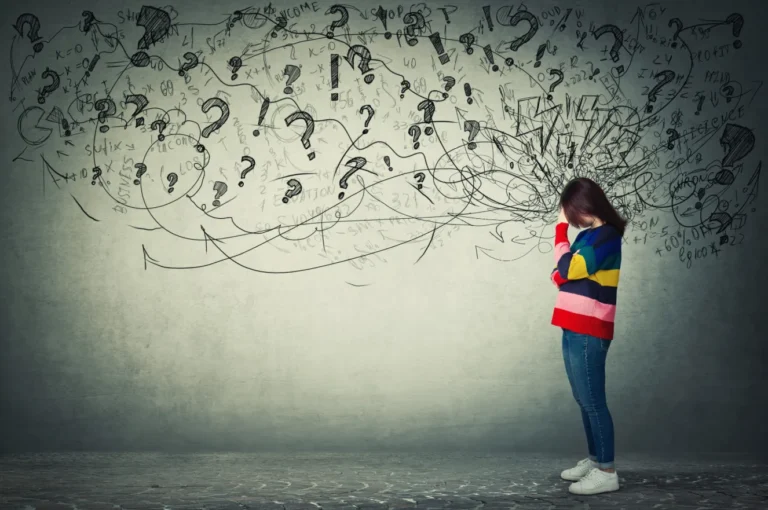Depression is one of the most prevalent mental health conditions worldwide, impacting millions each year. While it is natural to experience feelings of sadness occasionally, depression goes beyond temporary emotions. It is affecting one’s physical, mental, and emotional well-being. The good news is that many cases of depression can be prevented or managed effectively with the right strategies and lifestyle changes. In this article, we’ll explore depression, its early warning signs, and how to avoid it, with resources like
22Bet offers engaging ways to stay connected and positive.
What Is Depression?
Depression, clinically known as major depressive disorder (MDD), is a medical condition. It is characterized by persistent feelings of sadness, emptiness, or hopelessness. Unlike fleeting periods of low mood, depression can significantly interfere with daily life, relationships, and work.
Types Of Depression
Depression manifests in different ways, including:
- Major Depressive Disorder (MDD)
Severe symptoms lasting at least two weeks.
- Persistent Depressive Disorder (Dysthymia)
Chronic, less severe depression lasting two years or more.
- Postpartum Depression
Depression occurs after childbirth.
Early Signals Of Feeling Depressed
Recognizing the early warning signs of depression is crucial for prevention. These signals may vary between individuals but commonly include:
- Persistent Sadness
Feeling down or tearful without a specific reason is a crucial indicator.
- Loss of Interest
Activities or hobbies that once brought joy may no longer feel appealing.
- Fatigue or Low Energy
Chronic exhaustion, even after adequate rest, can signal underlying emotional struggles.
- Sleep Disturbances
Difficulty falling asleep, staying asleep, or sleeping too much are common signs.
- Difficulty Concentrating
Struggling to focus, make decisions, or remember details can indicate mental fatigue.
- Irritability or Anger
Increased irritability or frequent outbursts can be early signs of emotional imbalance.
- Feelings of Hopelessness
A sense that life won’t improve or that efforts are futile often precedes depression.
- Causes Of Depression
Depression often results from a combination of factors, such as:
- Biological Influences
Imbalances in brain chemistry or genetics.
- Environmental Stressors
Financial hardships, job loss, or personal loss.
- Psychological Factors
Low self-esteem, negative thought patterns, or unresolved trauma.
Understanding what depression is can help in identifying preventive measures before symptoms escalate.
Staying Resilient In The Long Turn
Preventing depression isn’t a one-time effort; it requires ongoing self-care and awareness. Here’s how to stay resilient:
- Set Realistic Goals
Ambition is great, but overloading yourself with unrealistic goals can lead to burnout. Celebrate your progress along the way.
- Focus on Gratitude
Practising gratitude helps shift your mindset to the positive aspects of life.
Start a gratitude journal to note things you’re thankful for daily.
- Seek Help When Needed
If early strategies don’t work or you notice persisting symptoms, consult a mental health professional. Therapy or counselling can provide valuable tools for managing emotional struggles.
- Create a Supportive Environment
Surround yourself with positive influences. Whether they’re people, activities, or spaces, they should promote happiness and calmness.
- Stay Open to New Experiences
Trying new activities, such as learning a skill or exploring different entertainment, can invigorate your mindset. Gaming platforms, for example, offer a variety of engaging games that can provide a refreshing mental break.
Conclusion
Depression is a serious but preventable condition if addressed early. Understanding what depression is and recognizing its early signals are essential steps toward building resilience. By staying physically active, maintaining strong social connections, engaging in enjoyable activities, and managing stress effectively, you can create a solid foundation for mental well-being. Small, consistent efforts today can help prevent depression and lead to a more fulfilling tomorrow.
